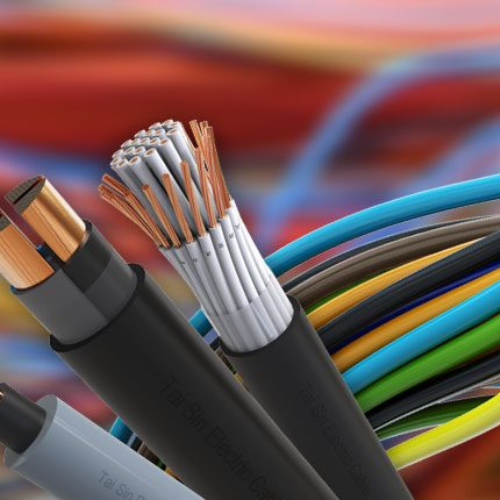In the intricate web of construction endeavors, the choice of wire cables is a critical factor that can either fortify the structure or introduce vulnerabilities. As construction projects become more diverse and complex, selecting the right wire cables becomes a pivotal decision. This blog post aims to guide you through the labyrinth of options, helping you make informed choices that will contribute to the success and longevity of your construction projects.
Understanding Construction Requirements:
The first step in choosing the right wire cables is a thorough understanding of your construction project’s requirements. Consider factors such as load capacity, environmental conditions, and the specific application of the cables. Whether you’re wiring a residential building or a large-scale industrial facility, the unique demands of your project will dictate the type of cables needed.
Electrical vs. Data Transmission Cables:
Construction projects often involve a mix of electrical and data transmission requirements. Identify the distinct needs for power distribution, lighting, and data connectivity. Opt for cables that are designed to handle the specific demands of each application, ensuring seamless and reliable performance throughout the project’s lifespan.
Weathering the Elements:
Outdoor construction projects face the challenges of varying weather conditions. Select wire cables with robust insulation and jackets that can withstand exposure to sunlight, moisture, and extreme temperatures. Weather-resistant cables ensure longevity and reduce the risk of electrical malfunctions or data transmission issues caused by environmental factors.
Compliance with Regulations:
Construction is a tightly regulated industry, and adherence to safety and building codes is paramount. Ensure that the wire cables you choose comply with industry standards and local regulations. This not only guarantees the safety of the structure but also avoids potential legal complications that may arise from non-compliance.
Future-Proofing Your Investment:
Construction projects are long-term investments, and the chosen wire cables should be future-proof. Anticipate potential advancements in technology or changes in project requirements. Opt for cables that can adapt to evolving needs, reducing the need for frequent replacements or upgrades as the construction landscape evolves.
Conclusion:
As you embark on your construction endeavors, the importance of choosing the right wire cables cannot be overstated. The success and resilience of your projects hinge on these seemingly modest components. By understanding the unique requirements, differentiating between electrical and data transmission needs, considering environmental factors, complying with regulations, and future-proofing your investment, you can navigate the maze of wire cables with confidence. Connect the dots wisely, and lay the foundation for construction success that stands the test of time.


